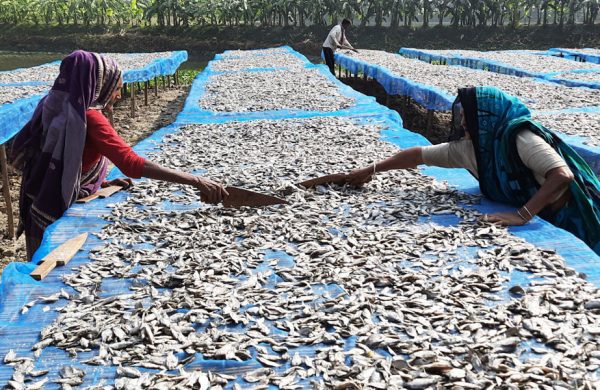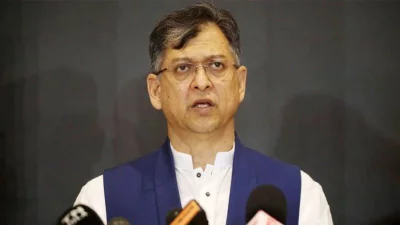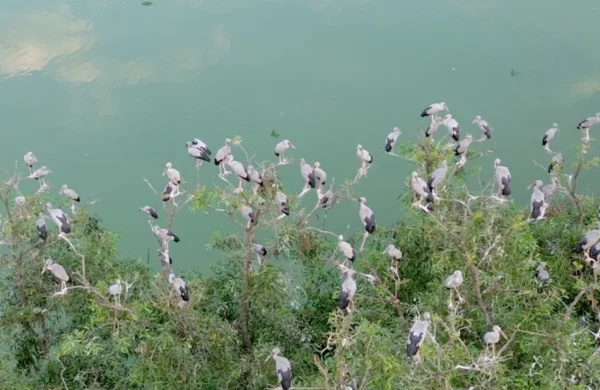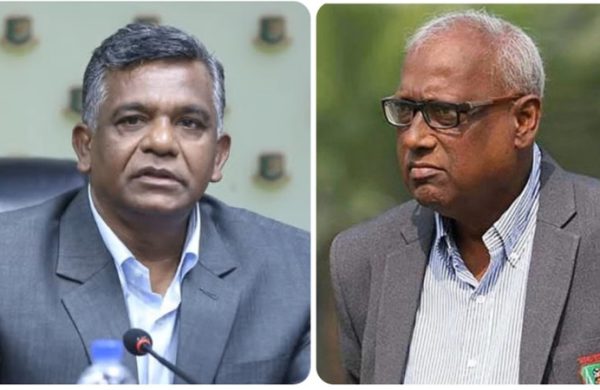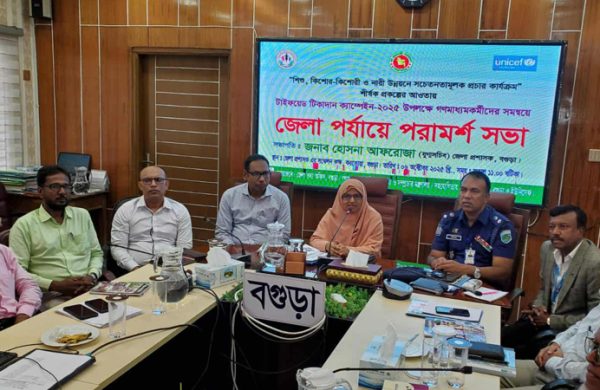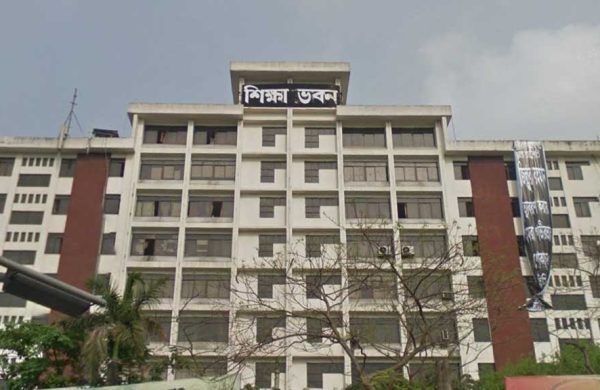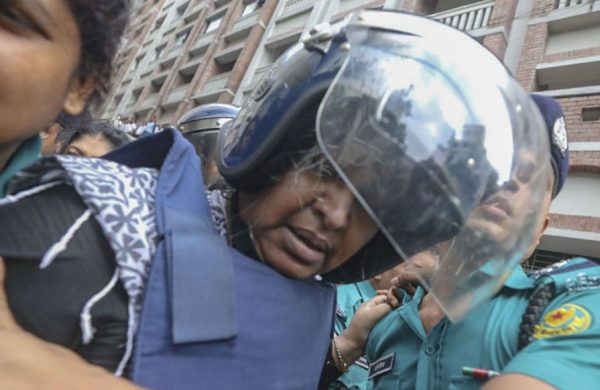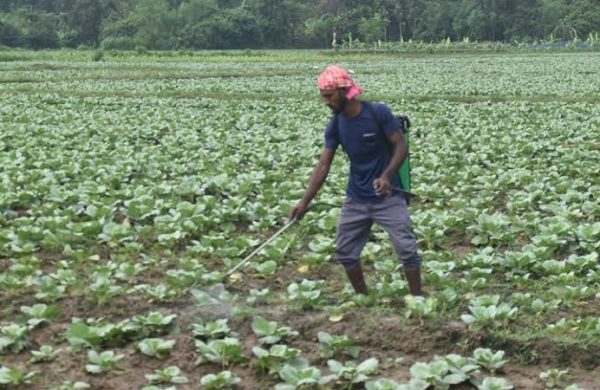Tarique Rahman does not see himself as ‘mastermind’ of July mass uprising
- Update Time : Monday, October 6, 2025
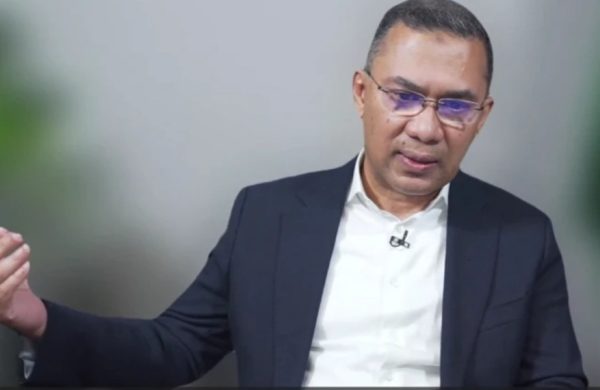
TDS Desk:
The July 2024 mass uprising brought an end to the Awami League government’s 15-and-a-half-year rule. Although living in London, BNP’s Acting Chairman Tarique Rahman played an active role during various stages of the movement.
Over the past year, several individuals have referred to him as the “sole mastermind” behind the uprising. However, Tarique Rahman has said he does not consider himself the “mastermind” of the July uprising.
Since September 2008, BNP’s Acting Chairman Tarique Rahman has been living in exile in London, United Kingdom. He gave an interview to BBC Bangla — his first interview with any media outlet in 17 years.
Replying to a question during the interview, Tarique Rahman said, “Neither any party nor any individual — the masterminds behind the July movement were the pro-democracy people of Bangladesh.”
Over the past year since the July mass uprising, several central BNP leaders made statements from time to time calling Tarique Rahman as the ‘sole mastermind’ behind the movement. Referring to this, BBC Bangla asked Tarique Rahman whether he saw himself as the ‘mastermind’ of this movement.
In reply, Tarique Rahman said, “No, I certainly never see myself as the mastermind of this July movement. The movement became successful in July, but its background had started many years earlier. Leaders and activists of the democratic political parties of Bangladesh; whether it is BNP or other political parties that believe in democracy, all contributed in various ways. Many of their leaders and activists were persecuted in different ways. I believe that people joined all democratic political parties altogether in July–August (2024).”
Tarique Rahman also said that not only political leaders and activists but people from various walks of life took part in the July uprising.
He said, “We saw that day that madrasa students taking to streets during the movement, housewives even took to the streets along with their children. We saw farmers, workers, CNG drivers, small shop owners and employees, and garment workers — they all came out. We also saw retired officials and employees of the armed forces joining the movement. Many journalists, who had been persecuted under tyranny and forced to go into exile, also became involved in this movement. Therefore, we do not want to belittle or undermine anyone’s role.”
Tarique Rahman said he firmly believes that people from all sections of society — regardless of party, ideology, or class — contributed to this movement. This movement was the movement of people of Bangladesh. Those who believe in democracy are the masterminds of this movement. Not any party, not any individual — the masterminds of this movement are the pro-democracy people of Bangladesh.
BBC Bangla asked Tarique Rahman how much communication he had with student leaders during the July uprising.
In response, he said, “Naturally, since I was working from abroad, I had to maintain communication online. And you must remember how the autocratic regime had disrupted the telephone and online systems during those days. As for communication, we had to do it in various ways, both directly and indirectly, through different channels. The communication was not always smooth, but we all cooperated.”
BBC Bangla also asked Tarique Rahman whether the BNP bears any responsibility for the claims or attempts by different groups to take credit for the July uprising or to serve narrow interests.
In reply, he said, “Look, if we see the matter a little differently, this is an unforgettable event in the history of Bangladesh. In most political or anti-autocratic movements, children are not killed or martyred. But in this movement… as far as I remember, around 63 children were martyred. As I have said earlier, in response to your previous question, the credit for this movement belongs to the people of Bangladesh, across all parties and ideologies, not to any single political party. Many may have said or demanded different things — that is their position.”
When asked about the BNP’s position on this matter, Tarique Rahman said, “My position, and that of my party, is that the movement has taken place and the people have achieved success. Usually, there were two sides to the movement. On one side, people were martyred — around two thousand lives were lost. On the other side, nearly thirty thousand people were injured in various ways, left disabled, or blinded. I believe what we should do now — all of us, including the state, the government, and political parties — is to stand by those families as much as possible, provide them with all possible support, and honour their sacrifice.”
Mir Sabbir, Editor of BBC Bangla, and senior journalist Qadir Kallol conducted the interview. The first part of the interview was released on Monday morning, running over 44 minutes. The second part will be published on Tuesday.


